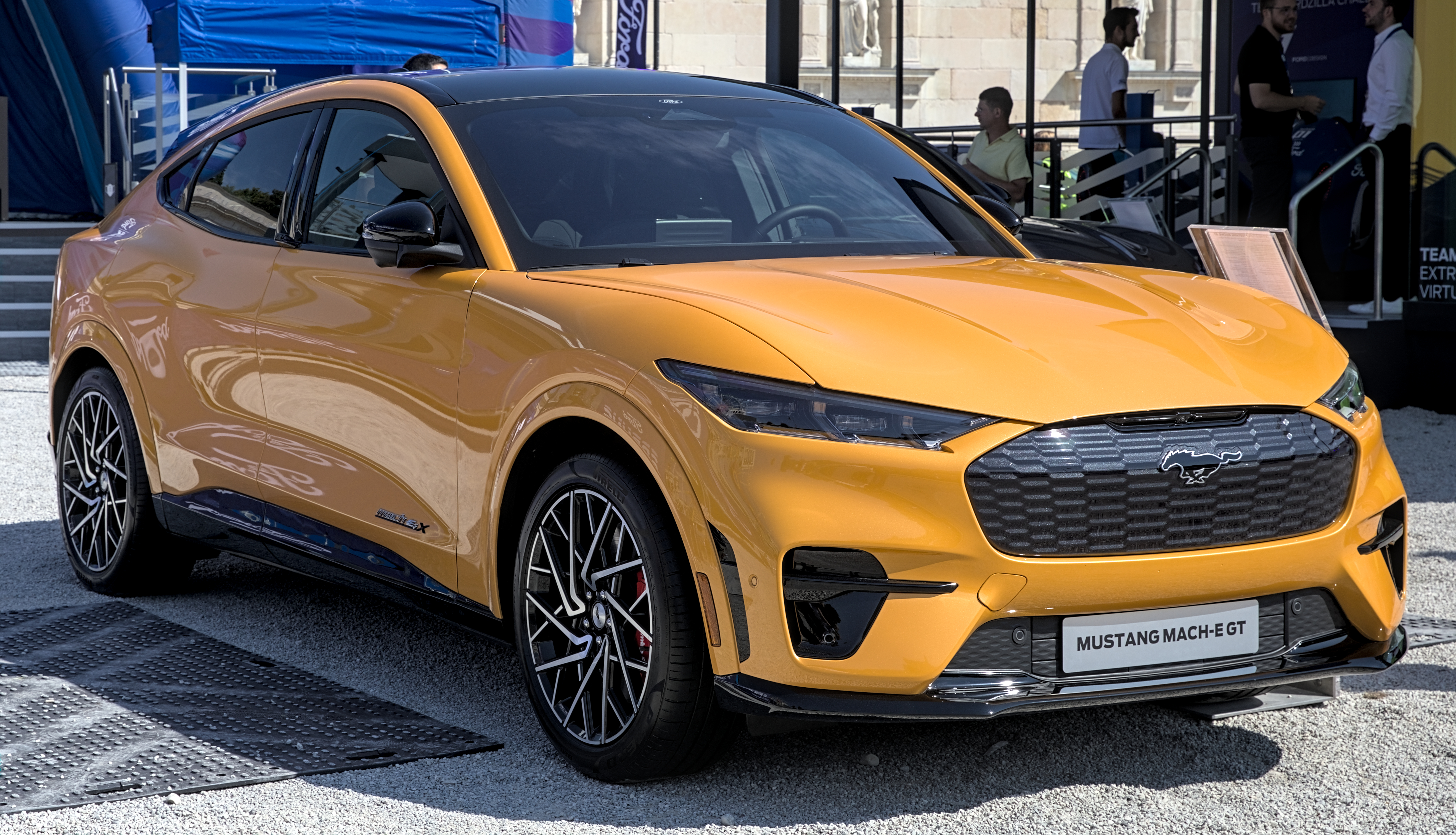In a dramatic twist in the electric vehicle arena, Ford and Tesla have both unveiled noteworthy price cuts for their vehicles, igniting fierce competition and customer reactions. While Tesla’s customers are left feeling frustrated and undervalued, Ford is boldly stepping up to offer refunds to its Mach-E owners, a move that signifies a pivotal moment in the ongoing pricing war that Tesla initiated and raises vital questions about customer loyalty and corporate responsibility in the EV sector.

Tesla’s recent price reductions have ignited significant frustration among its existing customer base, with many feeling as though they have been wronged as the value of their vehicles drops nearly overnight. This drastic pricing strategy has sparked outrage amongst customers, some of whom accuse Tesla of misleading them into taking delivery just before the prices fell sharply. One email from Tesla to a disgruntled customer acknowledged, ‘We recognize that the vehicle you purchased is now more affordable than it was at the time of your purchase, but we assure you that the value available then was the best for you and all equivalent customers at that time.’

In stark contrast, Ford has proactively responded to these price reductions by reaching out to current Mustang Mach-E owners, offering to refund the difference in pricing after the recent cuts. Marin Gjaja, who serves as Ford’s chief customer officer for the electric Model e division, underlined the company’s dedication to its customers by stating, ‘We want our customers to feel assured they made the right choice by opting for a Mustang Mach-E. We will take proactive steps to support those who join the Ford family.’

This customer-centric strategy represents a refreshing shift in the automotive industry, especially within the highly competitive EV market. Ford’s commitment to refunding customers showcases a level of accountability that is likely to resonate positively with many consumers. Gjaja pointed out that refund policies can differ by state, necessitating Ford’s tailored outreach efforts to offer ‘personal offers’ to those affected by the price changes.

The price cuts themselves are noteworthy, with a standard Mach-E now starting at $45,995, reduced by $900 from its earlier price point. Comparatively, Tesla’s Model 3 now kicks off at $43,990, mirroring a wider trend of aggressive pricing strategies taking shape in the EV sector. While investors have responded favorably to Tesla’s decision to prioritize market presence over short-term profits, the long-term effects on customer satisfaction remain uncertain.

Ford’s strategic response to Tesla’s pricing tactics forms part of a broader ambition to directly compete with the electric vehicle juggernaut. CEO Jim Farley is unequivocal in his goal for Ford to unseat Tesla as the leading EV seller, a mission that has prompted revisions to Ford’s sales strategy, aligning it more closely with Tesla’s direct-sales model. As competition escalates, it will be intriguing to observe how both companies evolve to tackle the changing landscape of the electric vehicle market.

The current landscape prompts critical reflections on the relationship between automakers and their customers. With price cuts becoming a more frequent occurrence in the industry, how will companies navigate the delicate balance between competitive pricing and the expectations of their existing clientele? Ford’s refund initiative could set a significant benchmark for other manufacturers, encouraging a greater focus on customer satisfaction amid a more competitive market environment.

The ongoing price war between Ford and Tesla underscores the intricate dynamics present in the electric vehicle sector. Although Tesla’s bold pricing approach has attracted new buyers, it has equally distanced numerous current owners. Ford’s decision to refund Mach-E customers stands as a daring strategy that may redefine customer expectations across the industry. As the race for market dominance intensifies, it will be fascinating to witness how these automotive titans navigate forthcoming challenges and what this holds for the future trajectory of electric vehicles. The stakes are undeniably high, and the eventual outcome will significantly shape the automotive landscape for years to come.
Related posts:
Ford and Tesla slashed car prices — but only one is giving customers who missed out their money back
Ford and Tesla slashed car prices — but only one is giving customers who missed out their money back
Tesla cuts prices in US, China and Germany as competition heats up





